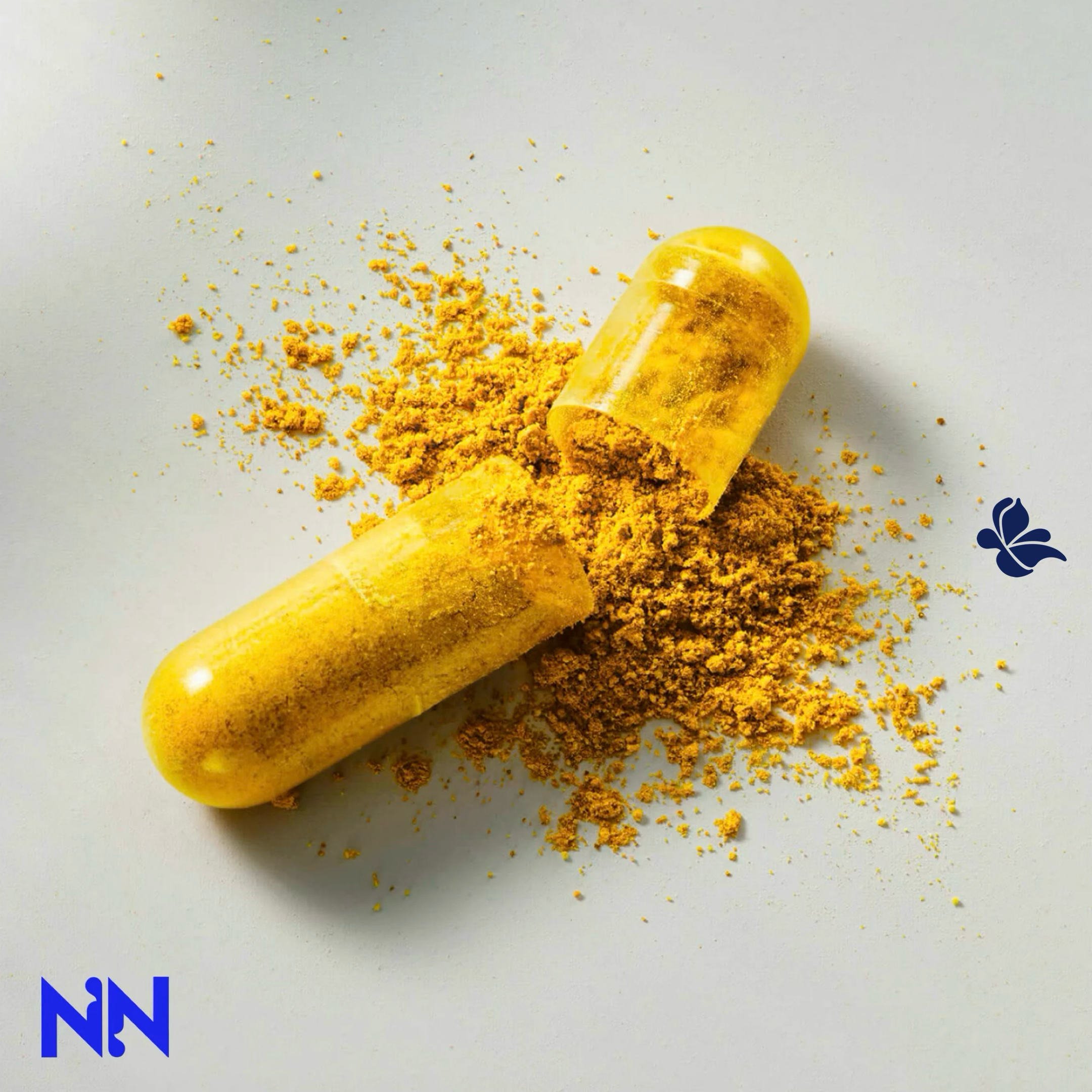Why Your Skin Feels Drier in Perimenopause—And What You Can Do About It
If your go-to skincare routine has suddenly stopped working, welcome to perimenopause. One day, your favorite moisturizer leaves your skin radiant. The next? It’s as if your skin missed the memo—dry, itchy, tight, and flaky. And it’s not just your face—arms, chest, legs, and beyond may be affected too.
This shift is more common than you think, especially among those navigating age 40 early perimenopause symptoms. Here's what’s really going on with your skin, and what you can do.
What’s Happening to Your Skin During Perimenopause?
As estrogen levels naturally decline, your skin’s ability to retain moisture significantly decreases. Estrogen is key in regulating collagen, elastin, and sebum (your body’s natural oils), all essential for maintaining hydrated, and resilient skin.
Less estrogen = less collagen, less elasticity, and less hydration support.
The result? Skin that feels thinner, more sensitive, and chronically dry, even if your skincare routine hasn't changed. If you're wondering "Does perimenopause cause dry skin?"—the answer is likely yes.
It’s Not Just About Moisturizer
We spoke with skin expert Ramla Evans (@its_ramglam), who offered a holistic perspective:
“Hydration isn’t just about what you slather on. It’s about building a routine that works from the inside out.”
Her advice can help counteract symptoms such as perimenopause acne, dry patches, and flaking skin. Here's how to rethink hydration.
The Smart Approach to Perimenopausal Skin Hydration
1. Hydrate from Within
“The internal is what’s going to help the external,” Ramla emphasized. “If you’re not nourishing your body, your skin will be playing catch-up.”
-
Drink more water (yes, it still matters).
-
Incorporate hydrating foods like cucumber, celery, and watermelon.
-
Prioritize omega-rich foods such as salmon, flaxseed, and walnuts to support your skin’s natural moisture barrier.
2. Rethink Your Shower
“One of the biggest culprits I see? Water that’s too hot and too harsh,” Ramla warns.
-
Turn down the water temperature, hot water can damage your skin barrier.
-
Use a shower filter to reduce exposure to chlorine and heavy metals.
-
Steam room? Great. Just moisturize right after
3.Cleanse + Exfoliate, and Always Moisturize After
“A lot of dryness is actually buildup,” Ramla explains. “If you’re not exfoliating regularly, your products won’t absorb properly.”
-
Use an oil-based cleanser that won’t strip your skin.
-
Gently exfoliate once or twice a week to remove dead skin cells.
-
Post-shower, apply a lightweight body oil while your skin is still damp.
-
Then, layer on a rich moisturizer to lock in hydration and protect your skin barrier.
Peri Babe–Approved Products for Deep Hydration
What our community swears by:
-
Kitsch Shower Filter – Filters chlorine, minerals, and impurities.
-
GNTL Body Cleanser – pH-balanced gel cleanser for your face and body.
-
Trader Joe’s Lemongrass Coconut Body Oil – Ramla’s go-to post-shower oil.
-
La Roche-Posay Lipikar AP+M Body Balm – Rich, nourishing, fragrance-free.
-
VMAGIC® Vulva Balm – Organic, hormone-free moisturizer that relieves dryness and discomfort down there.
-
Biodance Collagen Sheet Masks – Super hydrating and plumping (great before events).
-
Le Prunier Plum Beauty Oil – A luxurious seal for moisture on face, neck, and chest.
-
Carepod Humidifier – Pricey, but it keeps skin and sinuses happy overnight and it’s not a pain to clean..
Final Word
Your skin is your body’s largest organ, and during perimenopause, it’s asking for more support. The good news? With a few intentional upgrades to your routine and environment, you can keep it nourished, hydrated, and feeling great again.



Leave a comment
This site is protected by hCaptcha and the hCaptcha Privacy Policy and Terms of Service apply.